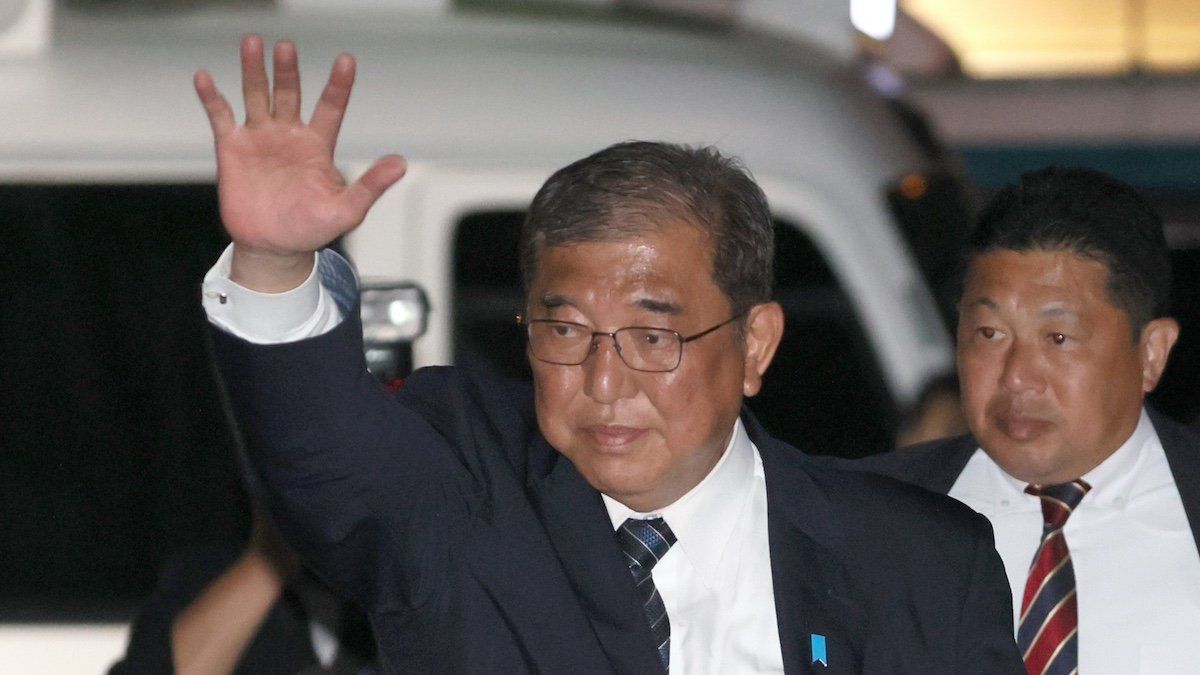As Japan heads to the polls this Sunday, Prime Minister Shigeru Ishiba’s decision to call an early election just weeks after taking office is turning out to be a high-stakes gamble. Polls predict that the ruling Liberal Democratic Party could lose seats, or even the majority, after ruling the country for all but four of the past 65 years.
“The opposition parties are hammering the LDP over the political fundraising scandal,” says Eurasia Group’s Japan Director David Boling, referring to the discovery of undisclosed political funds and kickbacks within the LDP, news that has rattled public trust at a time when inflation is biting and living costs are soaring.
Earlier polls showed that the LDP and its coalition partner Komeito would maintain their majority, but a weekend poll indicating they could lose 50 of their 247 seats has left Ishiba on shaky ground.
If the LDP loses its majority, it could be forced to make concessions on monetary policy. The Constitutional Democratic Party of Japan, LDP’s biggest opposition, proposes modifying the Bank of Japan’s inflation target from 2% to one “exceeding zero,” which would leave room for rate hikes even if inflation dips.
Beyond having to abandon its economic agenda, Boling warns that “if the LDP-Komeito coalition loses its majority, the prime minister’s deathwatch may begin for Ishiba.”
